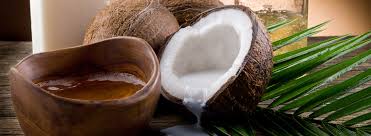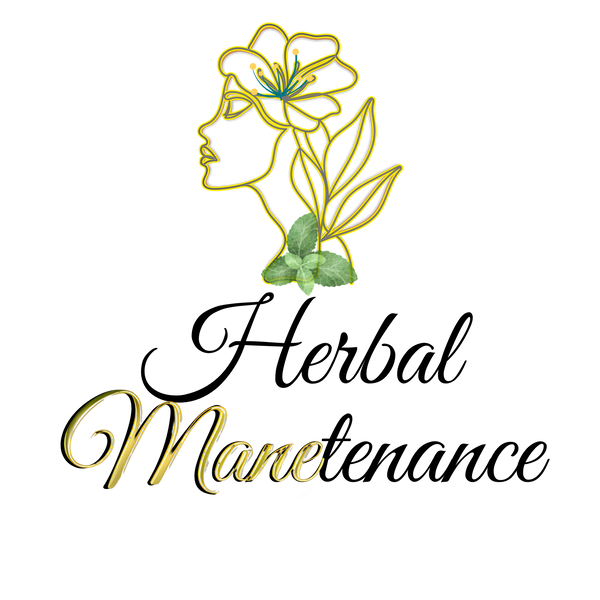1
/
of
1
Herbal Manetenance Ingredients
Vegetable Glycerin
Vegetable Glycerin
Composition
Composition
Vegetable glycerin, a sugar alcohol, has a nutritional composition that includes carbohydrates and calories but no fat, protein, or sugars. For example, a tablespoon (15mL) contains about 253 calories and 14 grams of total carbohydrates. It is also considered a low-glycemic food, meaning it doesn't cause significant spikes in blood sugar levels.
Origins
Origins
- Vegetable glycerin isn't derived from a specific plant species. Instead, it's extracted from various vegetable oils,primarily coconut, palm, and soy oils..
- It's produced through a process like hydrolysis, where the glycerin is separated from the fatty acids in the oils.
Did you know?
Did you know?
- In 1779, Swedish scientist K. W. Scheele discovered glycerin in a hydrolysate of olive oil.
- Vegetable glycerin, produced from vegetable oils, generally has a lower environmental impact compared to synthetic chemicals due to its renewable and biodegradable nature.
Share

Collapsible content
HAIR BENEFITS
- Moisturizes and Hydrates:Glycerin acts as a humectant, drawing moisture from the air and preventing it from evaporating from the hair, keeping it hydrated and soft.
- Reduces Frizz and Improves Manageability:By hydrating the hair, glycerin helps to smooth the cuticle and reduce frizz, making hair easier to style and detangle.
- Improves Scalp Health:Glycerin can help soothe a dry, itchy scalp and may even aid in managing dandruff due to its moisture-attracting and anti-microbial properties.
- Reduces Breakage and Split Ends:Hydrated hair is less prone to breakage and split ends, as it is more resilient and less likely to become dry and brittle.
- Adds Shine and Lustre:Glycerin can help improve the overall appearance of hair by adding shine and making it look healthier and more vibrant.
- May Aid in Hair Growth:While glycerin doesn't directly stimulate hair growth, it can contribute to healthier hair growth by improving the overall health and resilience of hair follicles.
- Suitable for Various Hair Types:Glycerin can be beneficial for all hair types, but it is particularly effective for dry, frizzy, or damaged hair.
SCALP / SKIN BENEFITS
Benefits for Scalp Health:
- Hydration and Moisture Retention:Glycerin acts like a "moisture magnet," drawing water into the scalp from the surrounding environment and preventing moisture from leaving the skin.
- Reduced Dryness and Flaking:By hydrating the scalp, glycerin can alleviate dryness and reduce the formation of flakes, often associated with dandruff.
- Itchiness Relief:The moisturizing and antimicrobial properties of glycerin can help soothe itching caused by dryness or dandruff.
- Sebum Regulation:Glycerin can help regulate oil production on the scalp, preventing excessive oiliness and potentially reducing the risk of clogged pores.
- Improved Scalp Barrier Function:Glycerin can help strengthen the skin's natural protective barrier, which is crucial for maintaining scalp health and preventing damage.
Benefits for Skin Health:
- Hydration and Moisture Retention:.Opens in new tabGlycerin helps to hydrate the outer layer of the skin (stratum corneum), making it an effective moisturizer.
- Skin Barrier Function Improvement:Glycerin can improve the skin's barrier function, protecting it from irritants and environmental stressors.
- Wound Healing:Glycerin may promote wound healing and help protect skin against infection.
- Protection Against Irritants:Glycerin can provide a protective barrier against skin irritants and microbes.
- Soothing and Anti-inflammatory Effects:Some studies suggest that glycerin may possess anti-inflammatory and anti-irritant properties, potentially soothing skin conditions.

